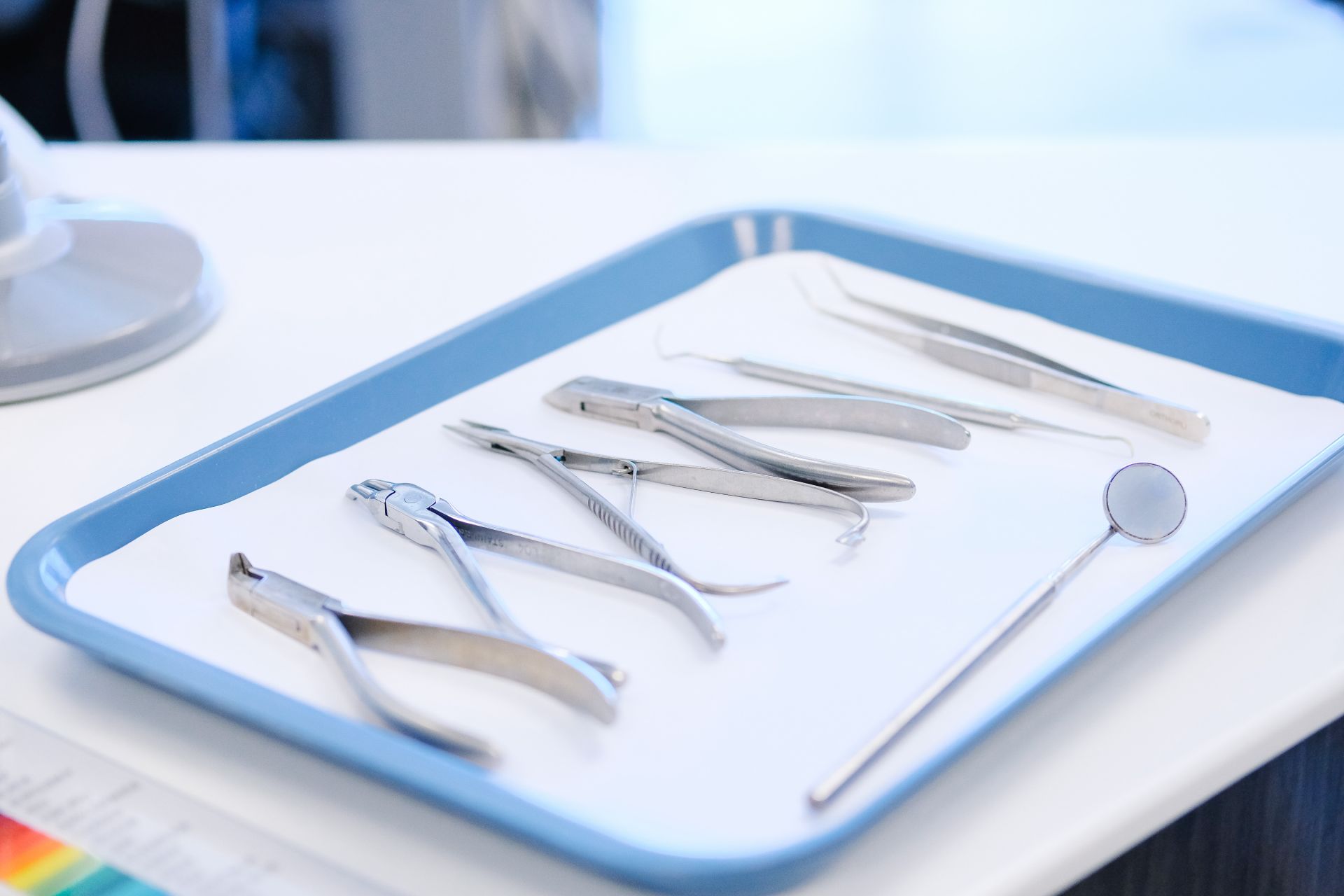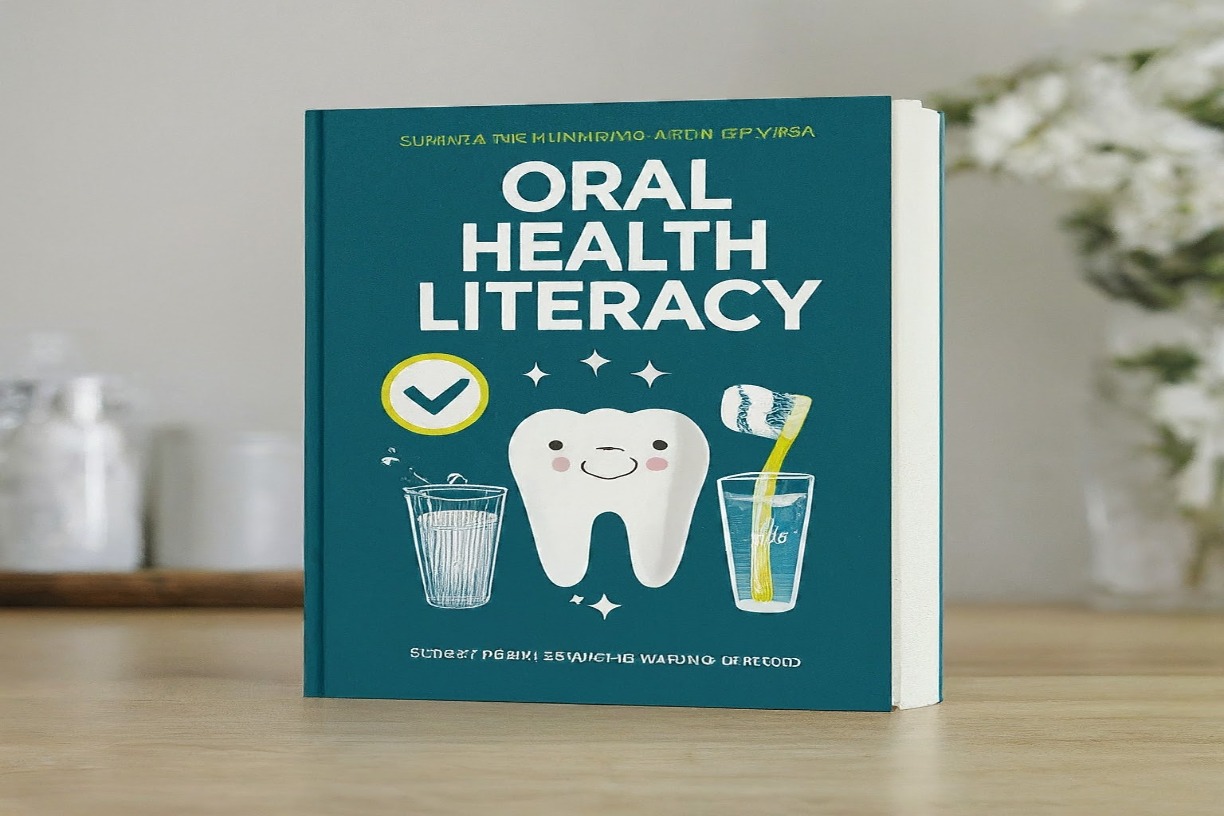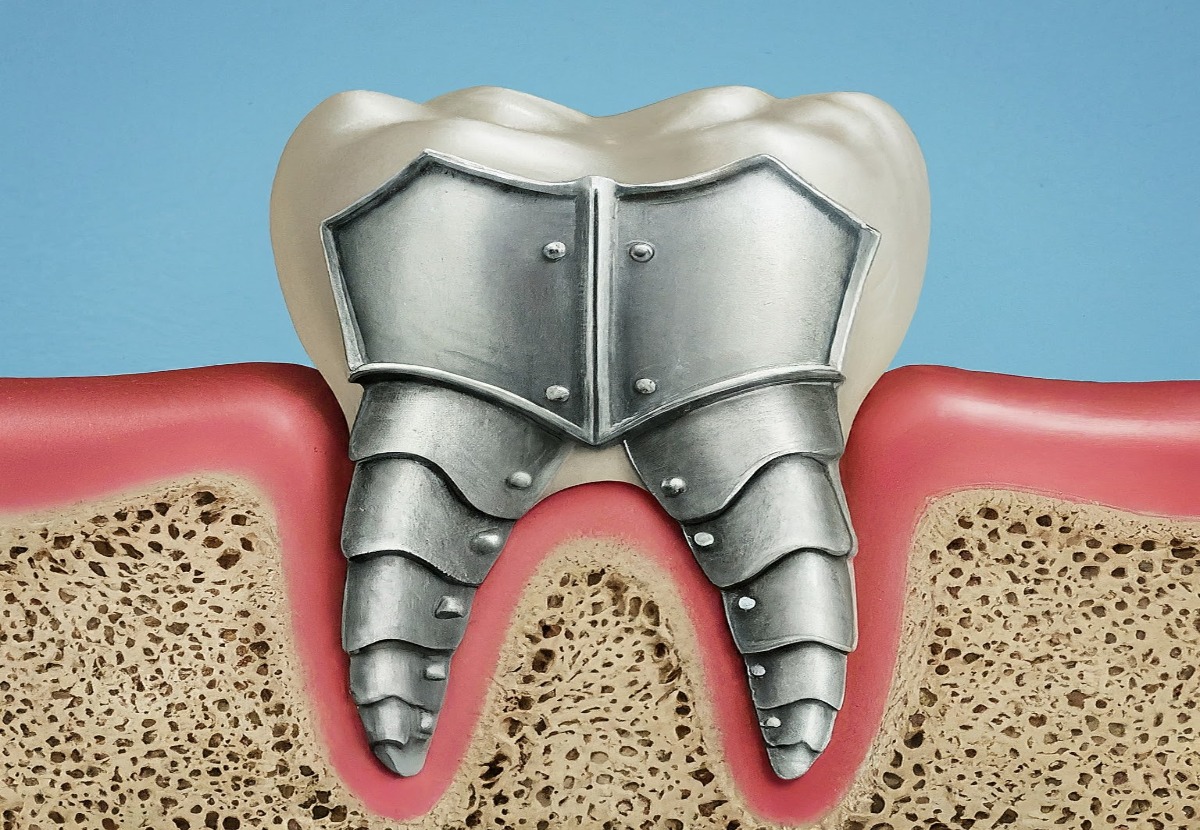Dental Health
Inflammation Caused by Diets Could Be Fueling Gum Disease and Systemic Illness
Foods that produce inflammation can lead to a host of other chronic problems. Recent research has revealed a concerning link between the health of our mouths and the food we put into them : proinflammatory diets can significantly worsen gum disease over time and contribute to a heightened state of systemic inflammation. This isn’t just about sugar and cavities. The very building blocks of your daily meals could be exacerbating periodontal issues while increasing your risk of other illnesses. A healthy smile starts from within, and research is highlighting the impact of diet on the delicate balance between your oral environment and the inflammatory processes throughout your body.
Understanding the Battlefield: Your Gums and Inflammation
Before we discuss the role of diet, it’s important to understand the basics of gum disease, also known as periodontal disease. This common condition is primarily caused by the accumulation of plaque, a sticky film of bacteria that forms on your teeth. When plaque isn’t effectively removed through regular brushing and flossing, these bacteria can irritate and infect the gum tissue.
This infection triggers an inflammatory response – your body’s natural defense mechanism against harmful invaders. In the early stages, this inflammation manifests as gingivitis, characterized by red, swollen, and easily bleeding gums. While often reversible with good oral hygiene, gingivitis can progress to periodontitis if left untreated.
Periodontitis is a more severe form of gum disease where the inflammation extends deeper, damaging the bone and tissues that support your teeth. This can lead to receding gums, the formation of periodontal pockets (spaces between the teeth and gums that trap more bacteria), and eventually, tooth loosening and loss.
The Systemic Link: Inflammation Beyond the Mouth
The inflammation in your gums doesn’t stay localized. The chronic inflammation associated with gum disease can have systemic effects, contributing to inflammation throughout the body. This occurs through several pathways.
- Bacterial Invasion: Bacteria and their byproducts from the infected gums can enter the bloodstream and travel to other parts of the body.
- Inflammatory Mediators: The inflammatory response in the gums releases various signaling molecules (cytokines) that can enter the bloodstream and contribute to systemic inflammation.
- Shared Risk Factors: Many of the risk factors for gum disease, such as smoking, stress, and poor diet, are also risk factors for systemic inflammatory conditions.
This systemic inflammation has been increasingly linked to a wide range of chronic diseases.:
- Cardiovascular Disease: Inflammation plays a significant role in the development of atherosclerosis (hardening of the arteries), increasing the risk of heart attacks and strokes.
- Diabetes: Chronic inflammation can impair insulin sensitivity, making it harder for the body to regulate blood sugar levels. The relationship is bidirectional, with diabetes also increasing the risk and severity of gum disease.
- Respiratory Diseases: Some studies suggest a link between oral bacteria and an increased risk of respiratory infections and the severity of conditions like pneumonia.
- Adverse Pregnancy Outcomes: Gum disease has been associated with an increased risk of preterm birth and low birth weight babies.
- Alzheimer’s Disease: Emerging research suggests a potential link between oral bacteria and the development and progression of Alzheimer’s disease.
- Certain Cancers: Chronic inflammation is a known factor in the development of various cancers. Recent studies have specifically linked bacteria involved in gum disease to an increased risk of head and neck cancers.
- Rheumatoid Arthritis: Some research indicates a potential connection between periodontal disease and an increased risk and severity of rheumatoid arthritis.
How Certain Diets Promote Inflammation
Several dietary factors can fuel inflammation, both in your gums and throughout your body. A typical proinflammatory diet is often characterized by an overconsumption of the following.
- Refined Carbohydrates: White bread, pasta, pastries, sugary cereals, and other processed grains are rapidly broken down into sugar, causing a spike in blood glucose and insulin levels. This can trigger the release of inflammatory markers. Furthermore, these foods often lack essential nutrients and fiber that can help regulate inflammation.
- Added Sugars: Found in sugary drinks, candy, processed foods, and even seemingly “healthy” options like flavored yogurt and granola bars, added sugars contribute to insulin resistance, oxidative stress, and the production of inflammatory cytokines. They also directly feed the harmful bacteria in your mouth, exacerbating plaque buildup and gum inflammation.
- Saturated Fats: Found primarily in red meat, processed meats, full-fat dairy products, and some tropical oils (like palm and coconut oil), excessive intake of saturated fats can promote inflammation.
- Trans Fats: Often found in processed foods, fried foods, and baked goods made with partially hydrogenated oils, trans fats are potent inflammatory agents that have been linked to an increased risk of heart disease and other inflammatory conditions.
- Imbalance of Omega-6 to Omega-3 Fatty Acids: While omega-6 fatty acids are essential in small amounts, the typical Western diet often contains a significantly higher ratio of omega-6s (found in vegetable oils like corn, soybean, and sunflower oil, as well as processed foods) compared to anti-inflammatory omega-3 fatty acids (found in fatty fish, flaxseeds, and walnuts). This imbalance can promote inflammation.
- Processed Foods: These foods are often loaded with refined carbohydrates, added sugars, unhealthy fats, artificial additives, and preservatives, all of which can contribute to inflammation. They also tend to be low in essential nutrients and fiber.
- Red and Processed Meats: High consumption of red and processed meats has been linked to increased levels of inflammatory markers in the body. The saturated fat and certain compounds in these meats may contribute to this effect.
- Alcohol (in excess): While moderate alcohol consumption may have some health benefits for some individuals, excessive alcohol intake can trigger inflammation in the gut and liver, leading to systemic inflammation.
Inflammation and Gum Disease
The connection between a proinflammatory diet and gum disease is a vicious cycle.
- Dietary Inflammation: A diet high in inflammatory foods promotes a state of chronic low-grade inflammation throughout the body.
- Exacerbated Gum Inflammation: This systemic inflammation can make the gum tissues more susceptible to the inflammatory response triggered by bacterial plaque. It can also amplify the existing inflammation in the gums.
- Impaired Healing: Proinflammatory diets can impair the body’s ability to heal and repair damaged tissues, making it harder for the gums to recover from the inflammation caused by bacteria.
- Increased Bone Loss: Chronic inflammation in the gums leads to the breakdown of the supporting bone and tissues around the teeth, the hallmark of periodontitis. A proinflammatory diet can accelerate this bone loss.
- Systemic Consequences: The ongoing inflammation in the gums further contributes to the overall systemic inflammatory burden, increasing the risk for the associated systemic diseases mentioned earlier.
Dietary Strategies for a Healthy Mouth and Body
The good news is that you have significant control over your diet and can actively choose foods that combat inflammation and promote oral and overall health. An anti-inflammatory dietary approach focuses on healthy choices.
- Abundant Fruits and Vegetables: These are rich in antioxidants, vitamins, minerals, and fiber, all of which have anti-inflammatory properties. Aim for a wide variety of colorful fruits and vegetables daily. Berries, leafy greens, cruciferous vegetables (broccoli, cauliflower, kale), and citrus fruits are particularly beneficial.
- Whole Grains: Opt for whole wheat bread, brown rice, quinoa, and oats over refined grains. Whole grains are rich in fiber, which helps regulate blood sugar levels and promote gut health, both important for managing inflammation.
- Omega-3 Fatty Acids: Include fatty fish like salmon, mackerel, tuna, and sardines in your diet at least twice a week. Also incorporate sources like flaxseeds, chia seeds, and walnuts. Omega-3s have potent anti-inflammatory effects.
- Monounsaturated Fats: Olive oil, avocados, and nuts are good sources of monounsaturated fats, which have been shown to have anti-inflammatory benefits.
- Lean Protein Sources: Choose lean protein sources like poultry (without skin), fish, beans, lentils, and tofu. Limit your intake of red and processed meats.
- Healthy Dairy Alternatives (if needed): If you consume dairy, opt for low-fat options. Consider dairy alternatives like almond milk, soy milk, or oat milk, ensuring they are low in added sugars.
- Herbs and Spices: Many herbs and spices, such as turmeric, ginger, cinnamon, and garlic, have powerful anti-inflammatory properties. Incorporate them generously into your cooking.
- Hydration: Drink plenty of water throughout the day. Staying hydrated is crucial for overall health and helps maintain saliva production, which is essential for oral health.
- Limit Processed Foods, Added Sugars, and Unhealthy Fats: Be mindful of the ingredients in packaged foods and actively reduce your intake of refined carbohydrates, sugary drinks, candy, processed snacks, fried foods, and foods high in saturated and trans fats.
- Moderate Alcohol Consumption: If you choose to drink alcohol, do so in moderation.
Practical Tips for Reducing Inflammation Caused by Diet
- Read Food Labels Carefully: Pay attention to ingredients lists and nutritional information, especially the amount of added sugars, unhealthy fats, and refined carbohydrates.
- Cook at Home More Often: This gives you greater control over the ingredients and preparation methods of your meals.
- Plan Your Meals: Planning ahead can help you make healthier choices and avoid impulsive unhealthy options.
- Stock Your Kitchen with Healthy Foods: Having plenty of fruits, vegetables, whole grains, and lean protein on hand makes it easier to prepare nutritious meals.
- Make Gradual Changes: You don’t have to overhaul your entire diet overnight. Start by making small, sustainable changes and gradually incorporate more anti-inflammatory foods.
- Consult a Professional: If you have specific dietary concerns or health conditions, consider consulting a registered dietitian or nutritionist for personalized guidance.
Blende Dental Group: Your Partner in Holistic Oral Health
At Blende Dental Group, we believe that a healthy smile is an integral part of your overall well-being. We are committed to providing you with the highest quality dental care, and that includes educating you about the crucial role of diet in maintaining optimal oral health.
The emerging research on the link between proinflammatory diets and gum disease underscores the importance of making informed food choices. By adopting an anti-inflammatory dietary approach, you can not only protect your gums from disease progression but also contribute to a healthier, less inflamed body overall.
We encourage you to discuss your dietary habits and any concerns you may have about gum health with our team during your next visit. We can provide personalized advice and support to help you make positive changes that will benefit your smile and your overall health for years to come.
Remember, a proactive approach to your oral health, including a focus on an anti-inflammatory diet, is an investment in a brighter, healthier future. Contact Blende Dental Group today to schedule your comprehensive dental evaluation and learn more about how we can help you achieve optimal oral and overall well-being.
Let's brighten
that smile
The when and where are up to you.












































